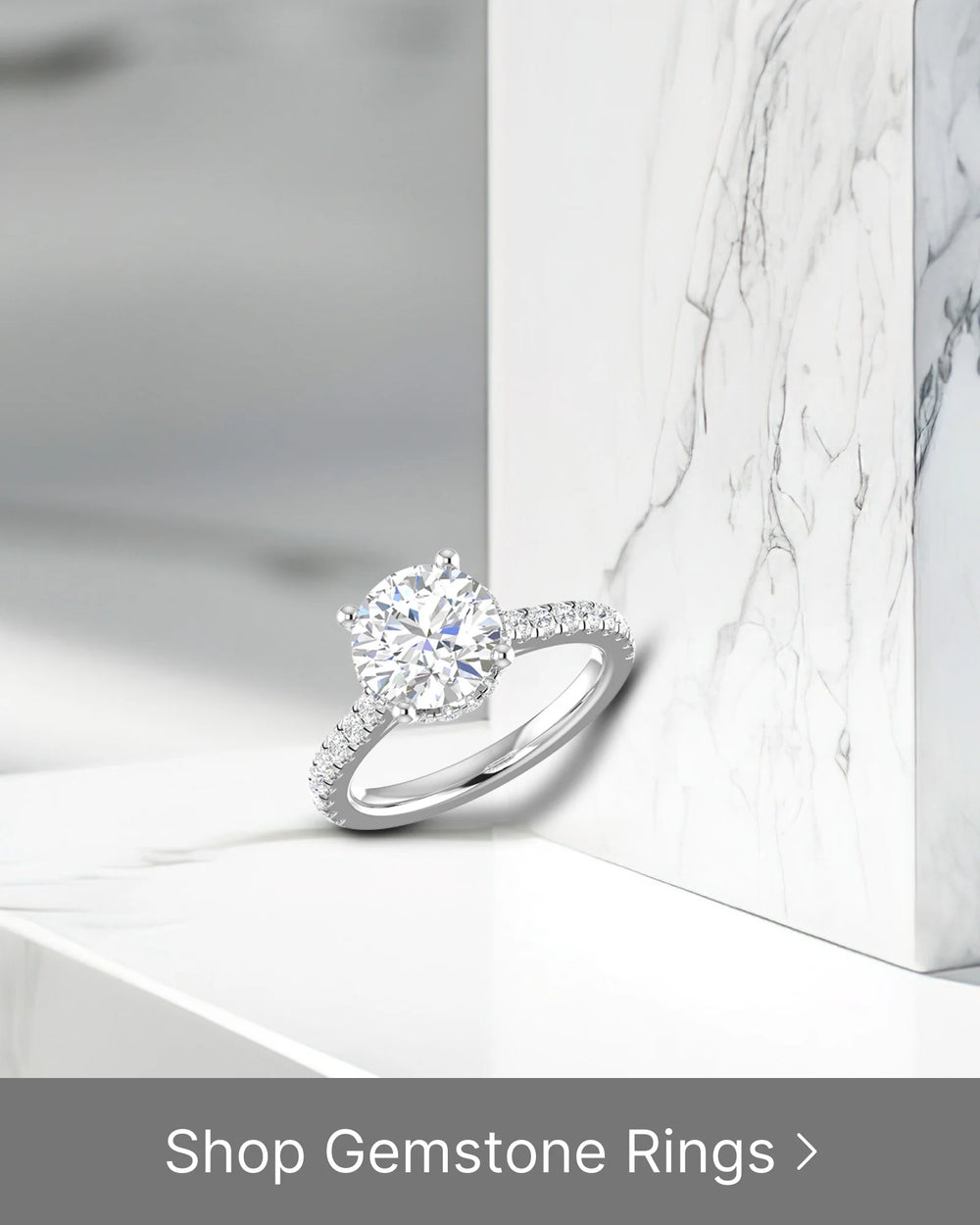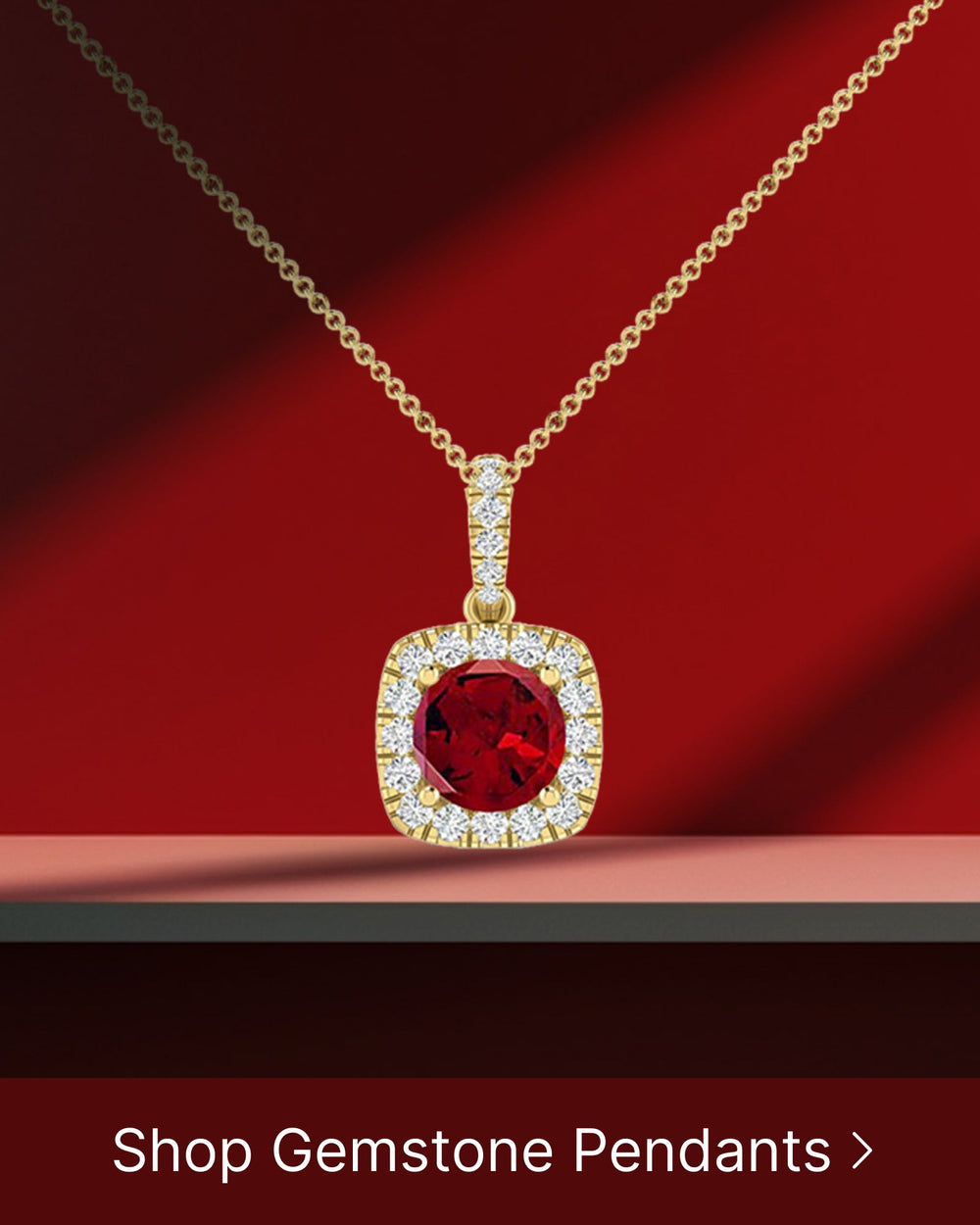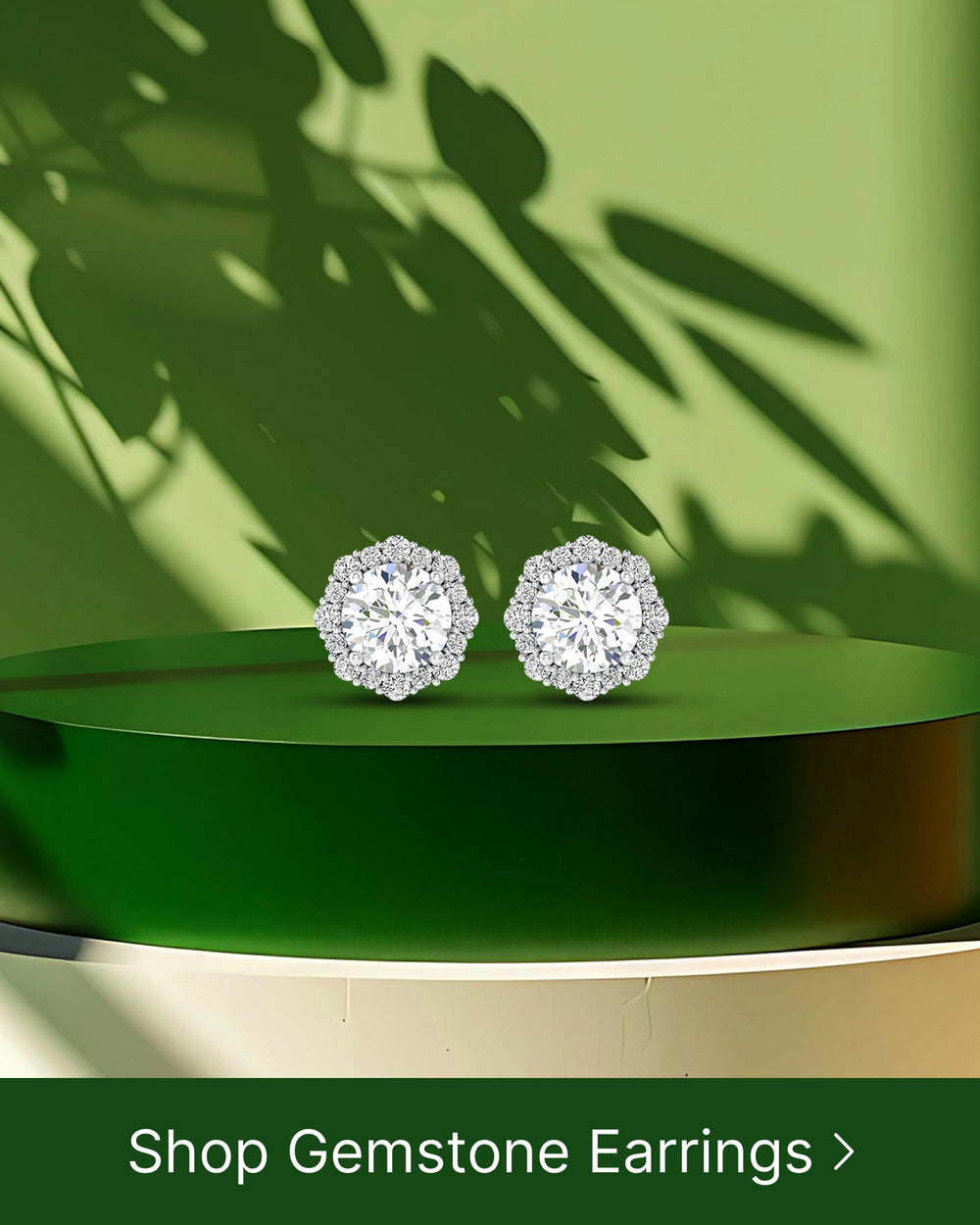Citrine is a popular gemstone known for its beautiful golden color. But when it comes to durability, many people wonder if citrine can withstand the test of time. In this article, we will explore the properties of citrine, its comparison to other gemstones, factors that affect its durability, and ultimately determine if it is suitable for everyday wear.
Understanding the Properties of Citrine
Before delving into the durability of citrine, it's important to understand its composition and hardness scale. This will give us a better understanding of how the gemstone is formed and how it stands up to everyday use.
The Composition of Citrine
Citrine is a variety of quartz, with its name derived from the French word "citron," meaning lemon. It gets its vibrant golden color from trace amounts of iron within its crystal structure. This makes citrine a type II gemstone, meaning it receives its color from natural causes, rather than human intervention like heat treatment.
Quartz is one of the most abundant minerals on Earth, found in various geological environments. It forms in a hexagonal crystal system, meaning its crystal structure has six sides. Citrine crystals can be found in a variety of sizes, ranging from small fragments to large, impressive formations.
When citrine is formed, it starts as a liquid solution containing silicon and oxygen. Over time, as the solution cools and solidifies, the atoms arrange themselves into a repeating pattern, creating the crystal structure of citrine. The presence of iron impurities within the crystal lattice gives citrine its distinct yellow to golden color.
The Hardness Scale of Citrine
The durability of a gemstone is often measured using the Mohs scale of hardness. This scale ranges from 1 to 10, with 10 being the hardest mineral known, which is diamond. Citrine ranks at a 7 on this scale, making it relatively durable and resistant to scratches. However, it should still be handled with care to prevent any potential damage.
Quartz, the mineral group to which citrine belongs, is known for its hardness and durability. It is composed of tightly packed silicon and oxygen atoms, giving it a strong and stable structure. This structural stability contributes to the durability of citrine, making it suitable for everyday wear in jewelry.
While citrine is relatively hard, it is not completely impervious to damage. It is important to avoid exposing citrine to extreme temperature changes, as this can cause thermal shock and potentially lead to fractures or breakage. Additionally, citrine should be protected from harsh chemicals and prolonged exposure to sunlight, as these factors can affect its color and overall appearance.
When caring for citrine jewelry, it is recommended to store it separately from other gemstones to prevent any potential scratching or damage. Regular cleaning with mild soap and water, followed by gentle drying with a soft cloth, will help maintain the gemstone's brilliance and shine.
Overall, citrine is a beautiful and durable gemstone that can add a touch of warmth and elegance to any piece of jewelry. Its composition and hardness make it a popular choice for both casual and formal wear, and its vibrant golden color is sure to catch the eye and spark conversation.
The Durability of Citrine in Jewelry
Now that we have a better understanding of the properties of citrine, let's explore its durability when it comes to being used in jewelry.
Citrine, a beautiful gemstone known for its warm golden hues, is not only visually appealing but also quite durable. Its durability makes it a popular choice for various types of jewelry, including rings, necklaces, and earrings.
Citrine in Rings, Necklaces, and Earrings
One of the most common uses of citrine in jewelry is in rings, necklaces, and earrings. Due to its relatively high hardness, citrine can withstand daily wear and tear, making it a suitable choice for these types of jewelry pieces. The gemstone's hardness is measured on the Mohs scale, which rates minerals from 1 to 10 based on their scratch resistance. Citrine falls at a respectable 7 on the Mohs scale, indicating its ability to resist scratches and maintain its lustrous appearance over time.
However, it is important to note that while citrine is durable, excessive force or impact can still cause damage. It is best to avoid engaging in activities that may put the gemstone at risk, such as heavy lifting or participating in contact sports while wearing citrine jewelry. By taking these precautions, you can ensure that your citrine jewelry remains intact and retains its beauty for years to come.
Maintenance and Care for Citrine Jewelry
Proper maintenance and care are essential in ensuring the longevity of your citrine jewelry. To keep your pieces looking their best, it is recommended to clean them regularly using warm soapy water and a soft brush. Gently scrubbing the gemstone will remove any dirt or oils that may have accumulated, restoring its natural brilliance.
While cleaning your citrine jewelry, it is important to avoid using ultrasonic and steam cleaners. These cleaning methods can generate excessive heat and pressure, which may cause damage to the gemstone. Instead, stick to the tried-and-true method of warm soapy water to keep your citrine jewelry looking its best.
When it comes to storing your citrine jewelry, it is advisable to keep it separate from other pieces to prevent scratching. Citrine has a hardness that can potentially scratch softer gemstones or metals. To protect your citrine jewelry from scratches, consider storing it in a fabric-lined jewelry box or a soft pouch.
In conclusion, citrine is a durable gemstone that can withstand the rigors of daily wear and tear. Its hardness makes it a popular choice for rings, necklaces, and earrings. By following proper maintenance and care practices, such as regular cleaning and storing it separately, you can ensure that your citrine jewelry remains beautiful and radiant for years to come.
Comparing Citrine to Other Gemstones
When considering the durability of citrine, it's natural to compare it to other gemstones commonly used in jewelry. Let's take a closer look at how citrine holds up against two popular options: diamonds and sapphires.
Before we dive into the comparison, it's important to understand the Mohs scale of mineral hardness. This scale, developed by Friedrich Mohs in 1812, ranks minerals from 1 to 10 based on their scratch resistance. A higher number indicates a harder gemstone that is less likely to get scratched.
Citrine vs. Diamond: A Durability Comparison
Diamonds are considered the hardest gemstone, ranking at a perfect 10 on the Mohs scale. Their exceptional hardness and resistance to scratches make them ideal for everyday wear. In fact, diamonds are so tough that they can only be scratched by another diamond.
On the other hand, citrine falls lower on the Mohs scale with a hardness of 7. While it may not be as hard as diamonds, citrine still possesses a respectable level of durability. It can withstand regular wear and tear without losing its shine and luster.
It's worth noting that although citrine is durable, it is not completely scratch-resistant. Therefore, it is advisable to handle citrine jewelry with care and avoid exposing it to rough surfaces or harsh chemicals.
Citrine vs. Sapphire: A Durability Comparison
Sapphires, another popular gemstone, rank at a 9 on the Mohs scale. This makes them slightly harder than citrine, but both gemstones still offer a good level of durability. Sapphires are known for their toughness and ability to withstand everyday wear, making them a popular choice for engagement rings and other jewelry pieces.
Similar to citrine, sapphires are not completely scratch-proof. While they can resist most scratches, they can still be damaged by harder materials such as diamonds or other sapphires. It is recommended to handle sapphire jewelry with care to avoid any potential damage and to keep its beauty intact.
When it comes to comparing citrine, diamonds, and sapphires, it's important to consider not only their durability but also their individual characteristics, colors, and overall aesthetic appeal. Each gemstone offers its own unique beauty and charm, allowing individuals to choose the one that best suits their personal style and preferences.
Factors that Affect Citrine's Durability
While citrine has a reasonable level of durability, there are certain factors that can impact its longevity. It's important to be aware of these factors to ensure that your citrine jewelry remains in optimal condition.
Impact of Heat and Light on Citrine
Exposure to excessive heat or prolonged periods of direct sunlight can cause citrine to fade or change color. It is advisable to avoid exposing your citrine jewelry to high temperatures or leaving it in areas with intense sunlight for extended periods of time.
The Effect of Chemicals on Citrine
Citrine can be damaged by harsh chemicals, such as chlorine and bleach. It is recommended to remove your citrine jewelry before engaging in activities that involve exposure to chemicals, such as swimming in pools or cleaning with strong detergents.
The Longevity of Citrine: A Conclusion
After considering the various aspects of citrine's durability, it is safe to say that it is a gemstone suitable for everyday wear, with proper care and maintenance. While it may not be as hard as diamonds or sapphires, citrine can still withstand the rigors of daily life and maintain its beauty over time.
Is Citrine Suitable for Everyday Wear?
Yes, citrine is suitable for everyday wear. Its 7 on the Mohs scale of hardness indicates that it can resist scratches reasonably well, making it suitable for regular use.
The Pros and Cons of Choosing Citrine
Choosing citrine as your gemstone of choice comes with its own set of advantages and disadvantages. Some of the pros include its vibrant color, affordability compared to other gemstones, and its availability. On the other hand, some cons to consider are its lower hardness compared to diamonds and sapphires, as well as the need for occasional cleaning and care.
In conclusion, if you love the sunny yellow color of citrine and are willing to invest in its maintenance, it can serve as a durable and beautiful gemstone for your jewelry collection.





